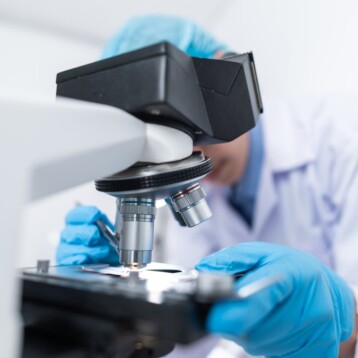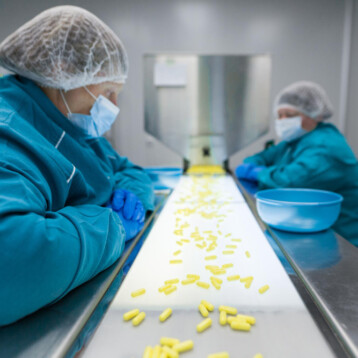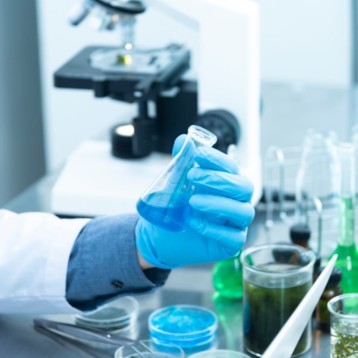|
Bacteria from transferring these plasmids can help prevent bacteria from becoming resistant to different types of antibiotics. A group of scientists from the university of North Carolina, chapel hill, headed by Professor Matt Redinbo, has found a way to fight this ability. The team’s research focused on studying an enzyme essential for the conjugative transfer process and targeting it using small molecules. The enzyme chosen was DNA relaxase, an enzyme essential for each conjugative transfer. The relaxase creates a nick in the plasmid, which is a circular DNA molecule, allowing it to be transferred to the recipient cell.
The scientists studied the structure of the enzyme using x-ray crystallography, a common method in high resolution imaging, especially of proteins. The team then proceeded to seek a molecule capable of blocking the enzyme’s active site making the enzyme malfunction. It was hypothesized that molecules from the bisphosphonates family, a family of molecules that contain phosphate and oxygen atoms, could be a match.Several different molecules from the family were tried out on an E. Coli strain. The results showed that the expected repression of the relaxase enzyme did indeed take place.
Stopping the bacteria from “talking” can help us prevent the creation of bacterial strains resistant to antibiotics, a problem common mainly in hospitals. Currently, drugs based on the teams’ discovery are being tested on animals while some of the drugs found to be effective are being used as an approved drug for treating bone loss.
More about the research can be found on the original article (from PNAS magazine) as well as in the University of North Carolina news magazine.











